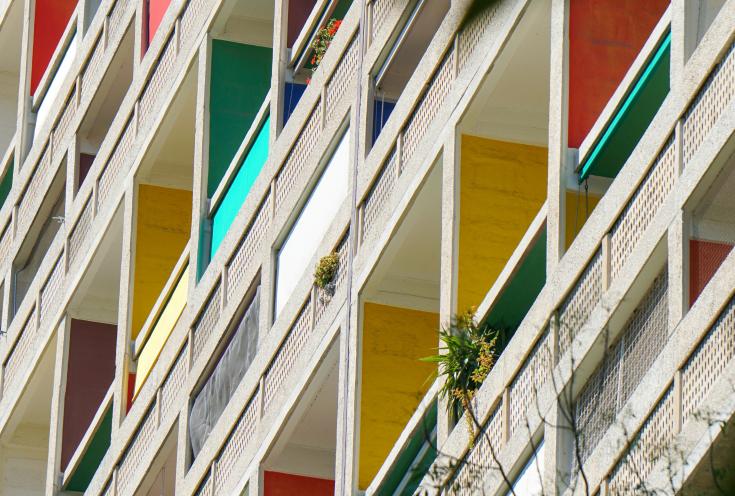Who is the host of TLJ#3? Region SUD unveiled

The third TLJ of the project will already take place next week, to answer the question of how to promote and
support the integration of the circular economy in construction contracts for a better management of construction waste. You can find more here.
It will be hosted by INERTWASTE partner Region Sud, so why not discover a little bit more about this region of France?
The Region Provence-Alpes-Côte d'Azur (Region Sud) is one of the largest in France, with over 5 million inhabitants living in 946 communes grouped into 60 local authorities. It is characterized by a high demographic concentration along the coast and by a great diversity of natural environments, representing 75% of its territory. The Region Sud is striving to become a leader in sustainability, with a strong commitment to preserving biodiversity and managing natural resources, including 56% protected areas (9 regional nature parks, 4 national parks).
Regional policies
Region Sud has put adaptation and the fight against climate change at the heart of its action by adopting its climate plan in 2017, followed by another one in 2021. It now sets 40% of its budget on financial commitments in favor of the challenges of climate change, organized around six axes: air, sea, land, energy, waste, everyday life.
French regulations have given the Region an important role to play as part of its “waste competence”: To coordinate all the actions undertaken by both public authorities and private organizations in order to ensure the achievement of the objectives of the national waste prevention and management policy and to contribute to the transition towards a circular economy.
The SRADDET (Regional plan for land use, sustainable development and territorial equality), adopted in June 2019, is the main regional planning tool for sustainable development. It sets binding targets for local authorities responsible for waste collection and treatment, and for professional actors. For example:
- Waste management and prevention: achieve a 75% recovery rate for construction waste by 2030.
- Circular economy: promoting the reuse and recycling of materials.
- Reducing land artificialisation: reduce the consumption of agricultural, natural and forest areas by 50% by 2030.
Through the SRADDET, the Region Sud is implementing a global strategy that includes the promotion of the circular economy in the construction sector, in line with objectives set at national and European level. This mainly includes 3 axes :
- Monitoring waste flows through the Regional Observatory of Waste and Circular Economy. It publishes annual indicators on waste production and management, including inert and construction waste.
- Active collaboration with local players and construction companies to encourage the adoption of more virtuous practices, notably through the coordination of a network and the production of practical guides and awareness-raising tools.
- State-Ademe-Region funding and management of European Regional Development Funds to finance structuring projects linked to the circular economy and ecological transition.
Experience in inert waste
The Region Sud is committed to managing inert waste and promoting the circular economy through a number of concrete actions. Every year, the region's construction and public works sector produces around 20 million tonnes of inert waste, i.e. ¾ of total waste production.
For several years now, the Region has been taking steps to encourage reuse, recycling and recovery of materials from the construction sector. This is part of a regulatory framework reinforced by the AGEC Act, which gives the Regions a central role in coordinating the actions of the various players in the circular economy.
Among its main achievments:
- Animation of the reseau.PRECI.org portal and a community of actors, to disseminate events, reference documents and regional best practices in waste management.
- Technical leadership on circular economy in the construction sector: leading a network of local players (>2000), including local authorities, companies and public bodies. It regularly leads technical working groups and organizes awareness-raising events on the recycling and reuse of materials, and the recovery of inert waste and construction waste.
- Creation of educational resources such as the MOOC on integrating the circular economy into construction sites, in partnership with ADEME.
- Support for project owners as part of the LIFE IP SMART WASTE project to improve construction waste management, in particular through local initiatives to sort and recycle materials on public works sites.
Thanks to these actions, the Region has developed strong expertise in inert waste management, making it possible to better monitor material flows and support a transition towards changes in practices. This dynamic contributes to achieving the objectives set by the SRADDET, which aims to recover 75% of construction waste by 2030: this objective has been achieved since 2020, it was 77% in 2022.
